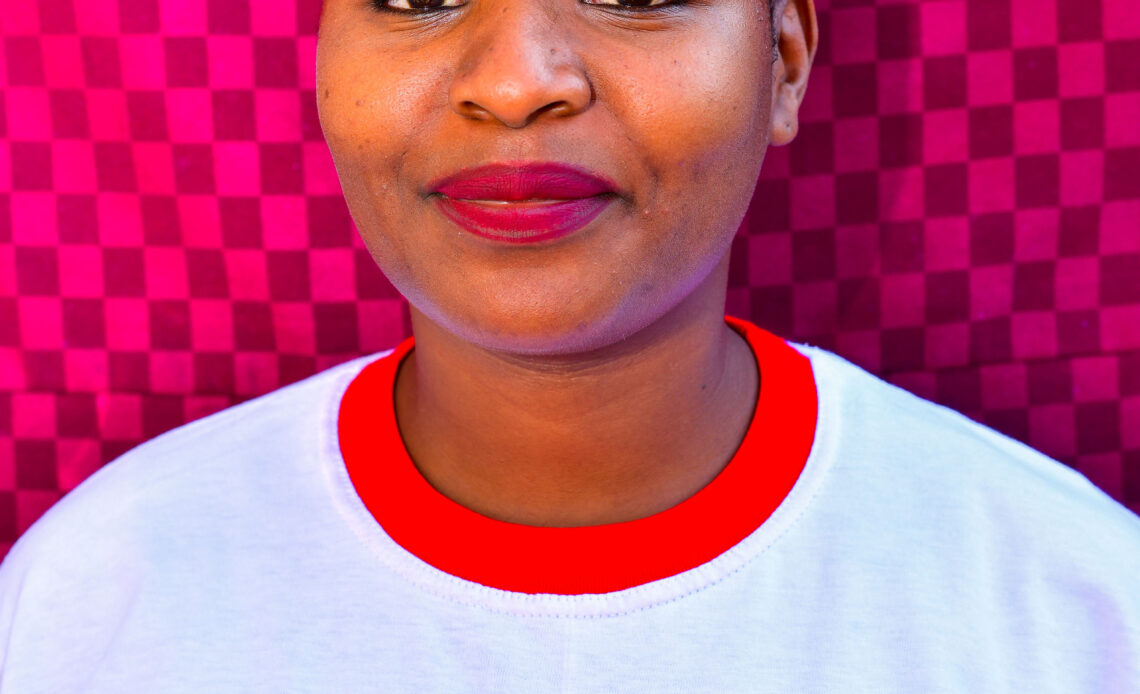
By CAROLINE BOYANI OYARO
Disability is not a curse, choice, or privilege but a condition that some are born with while others find themselves due to accidents or illnesses. While acceptance goes a long way in boosting the self-esteem of people with disabilities, they still face barriers to progress in life.
People with disabilities must be recognized and registered with various organizations championing the rights of people with disabilities to access opportunities and avenues to better their lives.
The National Council for Persons with Disabilities is a state corporation established by an Act of Parliament that prioritizes persons with disabilities’ well-being. Through the council, organizations and persons with disabilities can connect, engage in discussions, and find financial and moral assistance in their careers.
Under Section 54 of the Bill of Rights, persons with disabilities are entitled to be treated with dignity and respect. They should have access to educational institutions’ facilities and devices to overcome communication constraints through braille, hearing aids, and sign language. However, to attend a public meeting and find no sign language interpreter is disappointing.
During the 2024 People’s Dialogue forum held in Nairobi County, issues arose regarding the various challenges that persons with disabilities face. Some institutions are yet to install facilities such as ramps for wheelchairs and disability-friendly washrooms. This poses mobility difficulties and forces persons with disabilities and their families to feel excluded, enduring extra costs for caregivers.
While there are schools specifically created for persons with disabilities, it’s positive to integrate them with able-bodied individuals to foster inclusion. Segregation might lower their self-esteem and hinder their adaptation to the rest of the world. Inclusion in schools also helps able-bodied individuals accept and understand that disability is a common aspect of life.
However, the government has failed to provide devices and resources for schools hosting persons with disabilities. John, a student at Thika School for the Blind, expressed the pain of lacking such resources. “The braille and braille papers in school are insufficient compared to the number of students, denying Form One students the opportunity to study effectively,” he said.
The government should ensure all schools have up-to-date devices and resources to discourage segregation and stigma. Persons with disabilities should have an equal chance of success as able-bodied individuals. Let us not exclude them from our schools and institutions by considering them a burden. While able-bodied students have a variety of courses and universities to choose from, persons with disabilities are limited to a few options, which should not be the case.
Event organizers should be sensitive to the needs of persons with disabilities and ensure that the event venues can accommodate them. Persons with disabilities’ opinions and suggestions should be put into consideration. The government should provide mentorship and assistive technology in partnership with other organizations.


